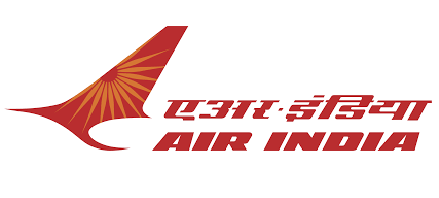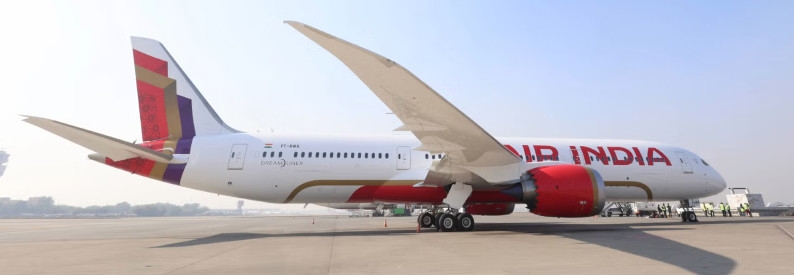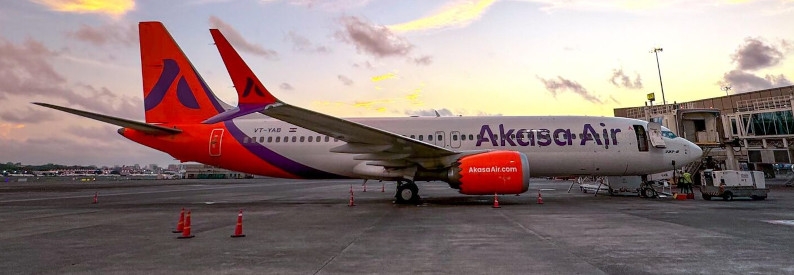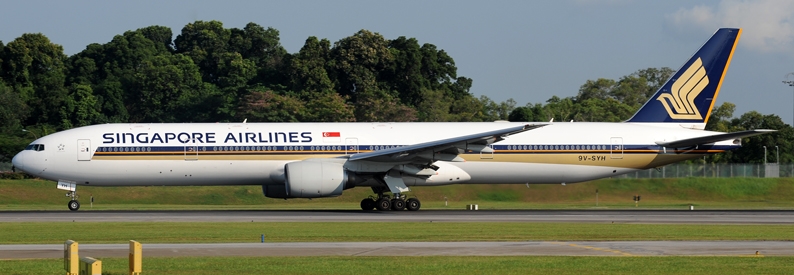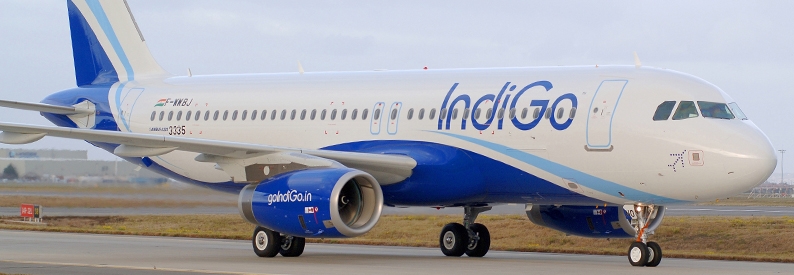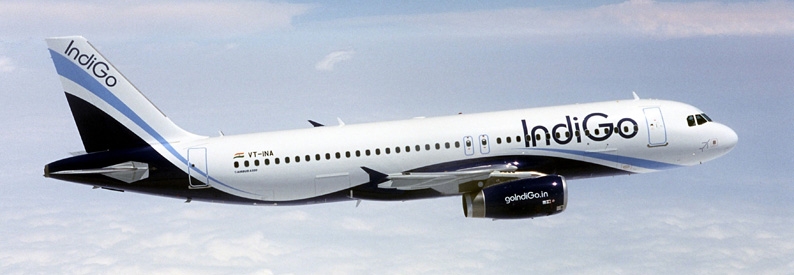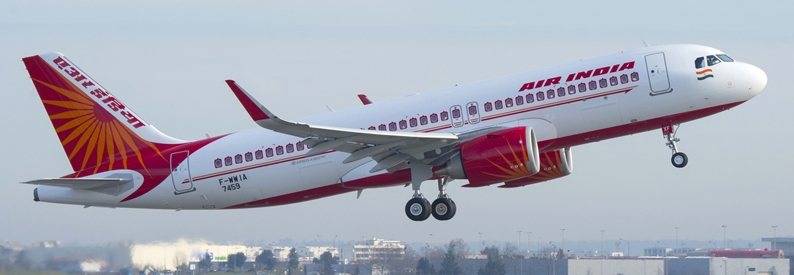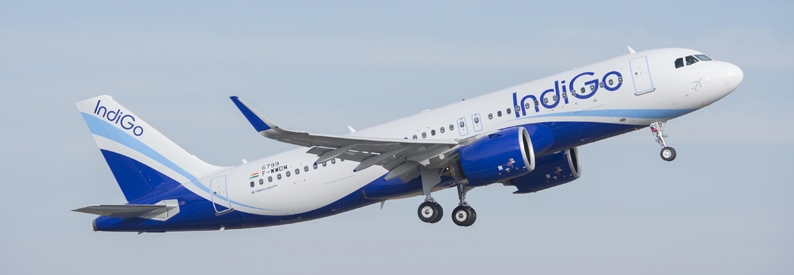Air India's new chairman and managing director, Rajiv Bansal, has outlined his plans to help turn the national airline around ahead of its planned privatisation. Speaking with The Press Trust of India, Bansal has said that routes operated by the carrier and its subsidiaries – Air India Express (IX, Delhi International) and Alliance Air (India) (9I, Delhi International) – will be rationalised, to avoid competition within the group and cut costs.
"We have to ensure that we don't compete which means that it is not that Air India or Air India Express withdraws but we can work with the timings. Wherever the passenger loads are not justified, either Air India or its subsidiaries can withdraw," Bansal said.
He noted that particularly for short-haul flights, Air India should "concede space to Alliance Air".
In a separate interview with the Financial Express, Bansal said that he is also looking to optimise contracts with vendors and suppliers. Bansal's focus is on small but steady progress, with savings to be pursued no matter how small.
"We must continue to chip away at the cost factor. My approach is to take one important initiative a week in this regard. It may be for as low as INR10-20 crore (USD1.5 – 3 million)," Bansal said. The Chairman is also confident of securing government-backed short-term loans of INR30 billion (USD466 million) to settle outstanding bills and put the carrier in a position to renegotiate terms.
Bansal did however rule out selling off Air India's slots. "Slots are our biggest assets. We don't want to surrender any slots," he said.
Describing his overall strategy in relation to Air India's proposed privatisation, Bansal is clear. "My mandate is to run the airline profitability and on commercial considerations. Apart from savings we are also aggressively looking for revenue optimisation, route rationalisation, better deployment of our assets and to add some new international routes in the short term."
Air India has been suffering from mounting debts and poor management for several years, and is currently surviving on government bailouts ahead of its planned disinvestment.
- Type
- Base
- Aircraft
- Destinations
- Routes
- Daily Flights
